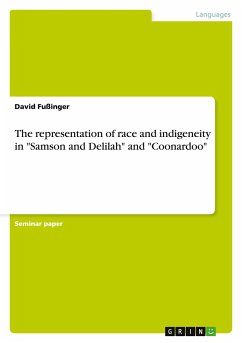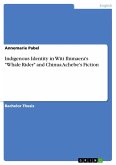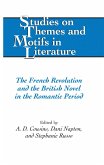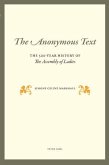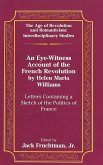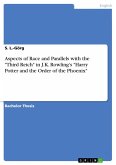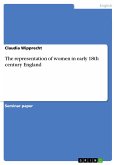Seminar paper from the year 2011 in the subject Didactics - English - Literature, Works, grade: 1,7, University of Cologne, course: Reading Post-colonial Australia , language: English, abstract: When we think of Australia, we associate certain images, experiences or even stereotypes with the country that is at the same time a continent, located on the southern hemisphere of the world. Indigenous people, the so-called Aborigines, modern and popular cities, beautiful beaches and an exotic flora and fauna and certain sights, such as Ayers Rock for example, account for a stereotypical representation of the land which in fact holds more appeal if you only take a closer look. These associations are very superficial and originate from a Eurocentric perspective, a term that will appear again later in this essay. Whether you regard Australia and its outline on the map as being on the southern hemisphere for example, simply depends from which angle of vision one looks at the country. Sincethe emergence of the Mercator Atlas, a certain view of the world has been established. Today, this view is still perceived as dominant and correct and is supposed to reflect reality. It's the underlying ideology of western European countries whose ideas of structuring the world by mapping and timing have also influenced theAustralian continent. More importantly, the colonists defined their identity by demarcating them from other cultures. What didn't conform to European standards wasn't perceived right and therefore had to be changed in order to adapt to conventional norms. Even todaythe connection between Australia and its former ruling British center and the impact of colonialism on post-colonial Australia becomes visible in everyday life and is also manifested in cultural discourses such as literature and film production. The aim of thisessay is to give an outline of the terms imperialism, colonialism and post-colonialism, their relationship and influence on the colonized country Australia and its impact upon the representation of indigeneity and race. Before concrete representation of characteristics that have to do with indigeneity and race will be examined, the reader will be provided with some background information to better understand the sometimes conflicting topic and its deep-set causes. The term representation will also be explained in detail, because it entails a process of seeing and perceiving the world from a dominant perspective that explains a certain depiction of instances such as the indigenous people. On the basis ofthe movie Samson and Delilah and the novel Coonardoo the reader will experience the power of representation by language, silence ...
Hinweis: Dieser Artikel kann nur an eine deutsche Lieferadresse ausgeliefert werden.
Hinweis: Dieser Artikel kann nur an eine deutsche Lieferadresse ausgeliefert werden.

